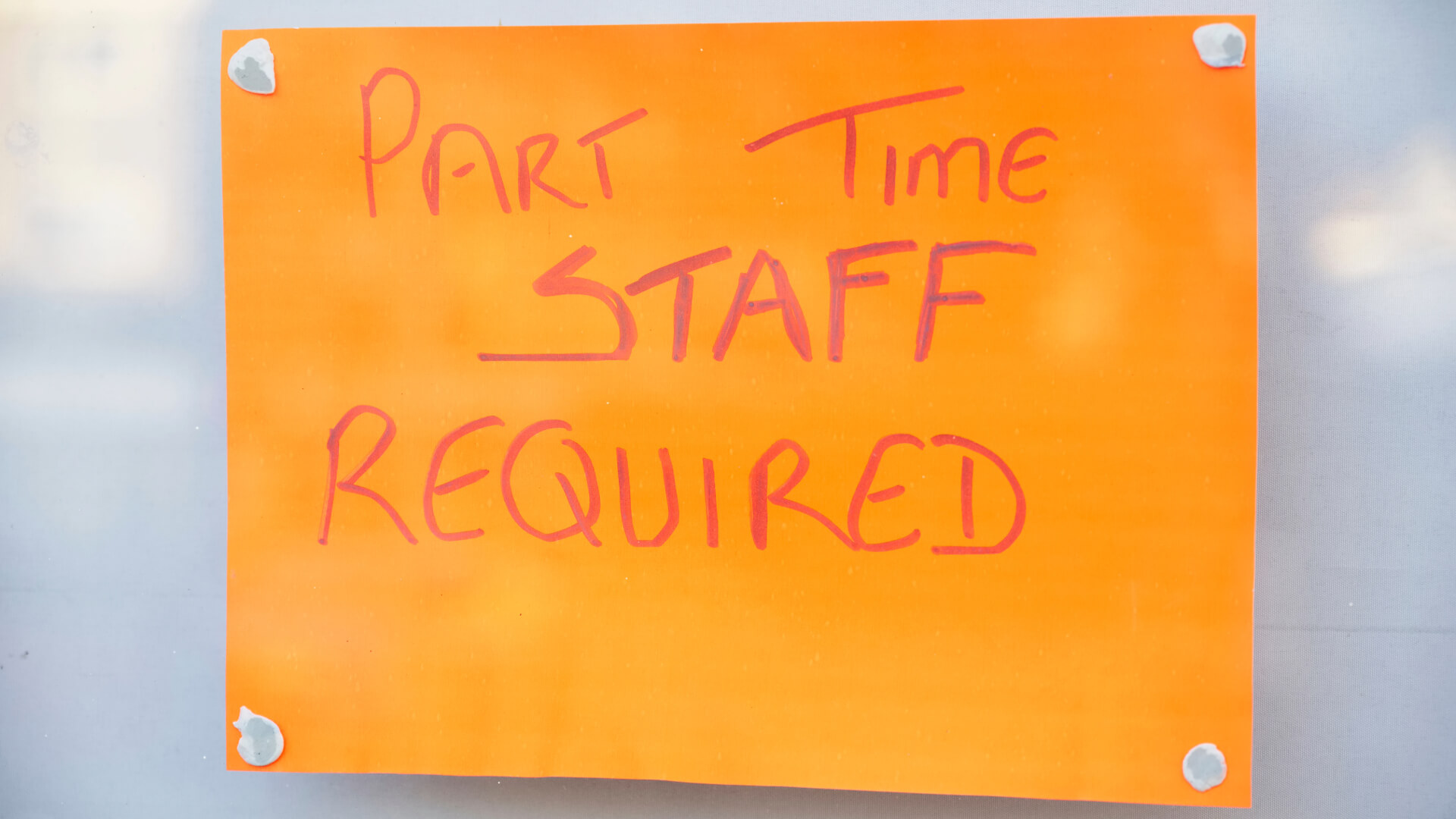Why Britain's Businesses and Workers Are Stuck in the Middle of a Policy Tug-of-War
Posted by Stelios on 5th Jan 2025 Reading Time:
Walking past my local café last week, I noticed two signs in the window. One read "Staff Wanted." The other announced reduced hours due to "rising costs." When I stopped to chat with the owner, a friend of mine, she shook her head in frustration. "It's impossible," she said. "We can't afford to hire more staff because of all the extra costs" Her story isn't just her own — it's the reality for thousands of small businesses across Britain.
The British economy feels like it's teetering on a knife's edge. On one side are businesses weighed down by rising employer National Insurance contributions (NICs), a higher minimum wage, and a slow economy. On the other hand, workers are juggling the rising living costs with job uncertainty. And in the middle? The rest of us are left wondering how these pressures will shape the future of work and prosperity in the UK.

The Reality for Businesses
Running a business in 2025 feels like a constant juggling act. I've been there myself, making decisions not just about profits but about people — about jobs, livelihoods, and futures. However, with policies like the recent increase in employer NICs, those decisions are becoming harder and harder.
Take Alex Perkins, the owner of Kite Glass, who recently had to let go of seven employees. "It could have been fewer," he told reporters, "but we took a bit more drastic action based on the National Insurance rise, which will cost around £50,000 to £55,000 a year." For him, it wasn't just a matter of balancing the books — it was about ensuring the survival of his business for the remaining staff.
Kate Nicholls, chief executive of UKHospitality, summed it up when she said, "With business confidence already plummeting and a third of hospitality businesses operating at or below break-even, the planned changes to employer NICs will make generating economic growth even more difficult." For industries like hospitality, which were already battered by the pandemic, this isn't just another bump in the road — it's a full-blown crisis.

Kate Nicholls, UKHospitality: “Kate Nicholls highlights the urgent need for policy changes to support struggling hospitality businesses.”
The Labour Market Paradox
On the surface, workers are benefiting. Wages, including bonuses, grew by 5.2% in the three months to October, outpacing inflation. However, as Paul Johnson from the Institute for Fiscal Studies (IFS) pointed out, "There are technical issues at play," much of this wage growth is driven by minimum wage increases rather than broader economic health.
What's more concerning is the drop in job vacancies. Over the past two years, the number of available positions has been steadily declining, and last month, there were 1.8 unemployed people for every job opening. Compare that to 2022, when there was just one unemployed person for every job, and it's clear that the job market is tightening.
Despite this, businesses in key sectors are still struggling to find skilled workers. Construction firms are warning of talent shortages that could derail plans to build 1.5 million homes over the next five years. Meanwhile, some companies, like 3P Innovation in Warwickshire, have "given up" on the traditional recruitment process, opting to train graduates.
The Government's Role
It's easy to blame businesses or workers for these challenges, but the truth is that government policies have put many of them in a difficult position. Labour's fiscal approach — including higher taxes and ambitious spending plans — is well-intentioned but comes with serious trade-offs.
Paul Johnson of the IFS was blunt: "The Chancellor may need to come back for more money next autumn if the economy doesn't pick up." That means more tax hikes, belt-tightening, and tough decisions for businesses and households.
And yet, there's a glimmer of hope. As Kate Nicholls pointed out, "If the government rethinks its approach, there's still an opportunity to rebuild confidence and drive growth." The question is whether those in power are willing to make that pivot.

Paul Johnson, IFS: “Paul Johnson warns of tough fiscal decisions ahead as businesses and workers grapple with economic challenges.”
A Personal Perspective on the Path Forward
As someone in business and working closely with companies, I've seen firsthand the toll these challenges take. I've spoken to owners who have sleepless nights over rising costs, workers who worry about job security, and even consumers who are adjusting to higher prices.
What strikes me most is how interconnected we are in this economic puzzle. When a business like that café down the road can't afford to hire more staff, it means longer wait times for customers and missed opportunities for job seekers. Workers feeling squeezed by stagnant wages and rising costs impact their spending power, creating a vicious economic cycle.
The Big Question
So where does that leave us? Britain's economy needs bold solutions, but they can't come at the expense of the people and businesses that form its backbone. Policies focusing on long-term growth, investment in skills, and genuine support for businesses must take precedence over short-term fixes and tax raids.
The stakes couldn't be higher. Will today's decisions help us build a stronger, more resilient economy, or will they deepen the divides and leave us scrambling for solutions yet again?
I, for one, hope we choose wisely. Because the next time I walk past that café, I want to see a sign that says, "Now Hiring," not one that announces, "Closed for Good."


